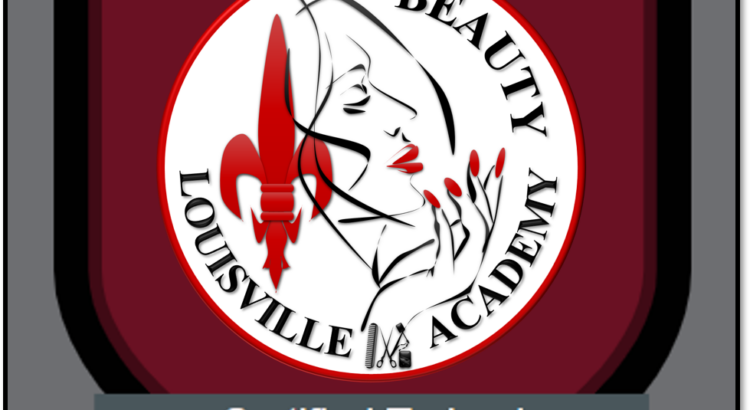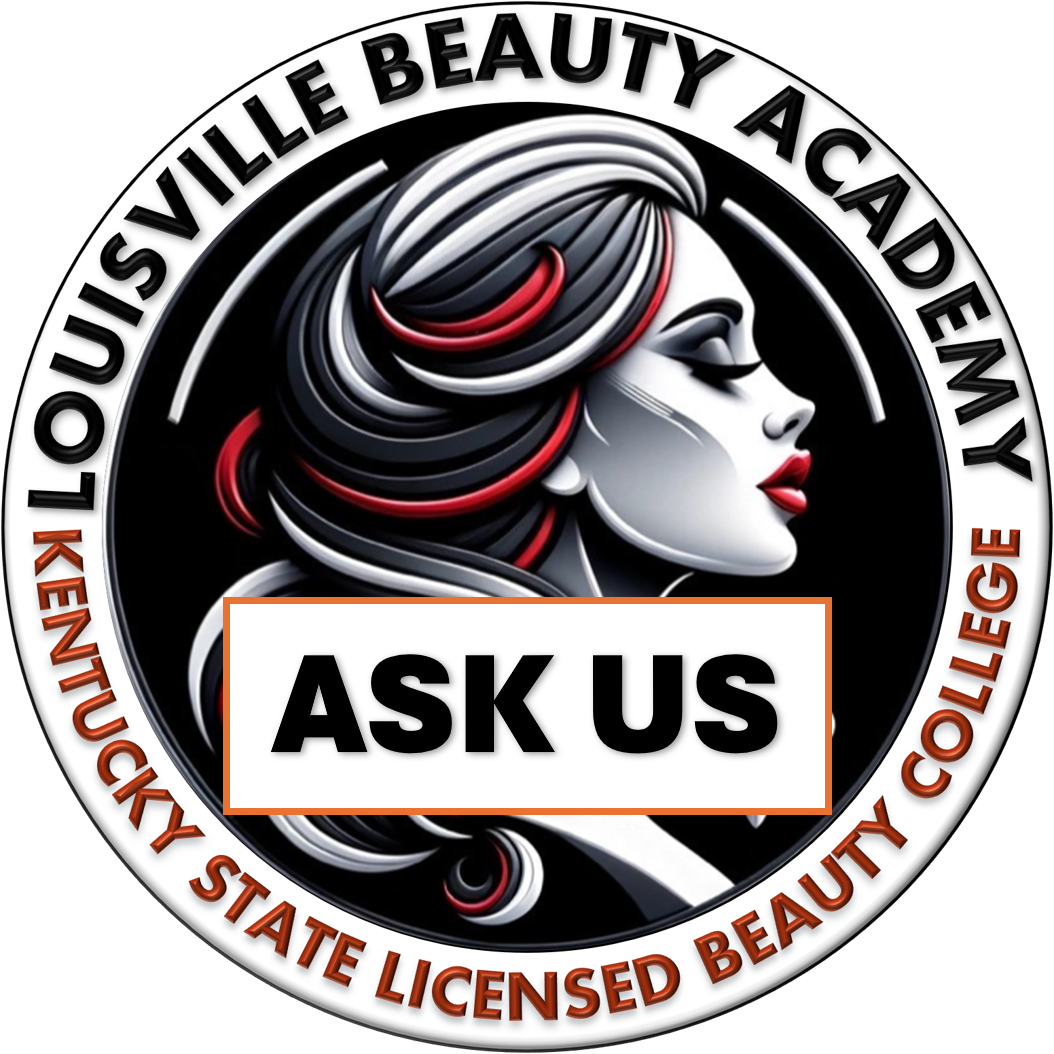In contemporary society, licensing extends far beyond its fundamental role as a passport to work. In many instances, licensing serves as a testament to the legitimacy, expertise, and dedication of an individual in their chosen field. For immigrants, obtaining a license in a foreign land offers more than just employment opportunities; it provides validation, recognition, and a renewed sense of purpose. Di Tran, the founder and CEO of Louisville Beauty Academy, stands as a shining exemplar of this sentiment.
Di Tran’s journey as a Vietnamese immigrant in the United States showcases the multifaceted significance of licensing. While fortunate to hold degrees in Computer Engineering—a domain that many consider prestigious and lucrative—Di Tran found unparalleled value in acquiring beauty licenses such as nail technology and beauty instructor credentials. For him and many like him, these certifications are not mere paper qualifications but symbols of their hard-earned legitimacy and expertise in the beauty sector.
Louisville Beauty Academy emerged from Di Tran’s personal voyage of understanding and empathy. It is not merely an institution but a sanctuary for immigrants seeking guidance and mentorship in navigating the intricate tapestry of licensing laws and requirements in the beauty industry. The academy specializes in a plethora of fields, ranging from nail technology and cosmetology to esthetics, ensuring that every aspirant finds their niche and purpose.
A recurring theme in several scholarly works underscores the challenges immigrants face when integrating into a new society. In “Strangers in a New Land: The Psychological Journey of Immigrants” by Dr. Julia Martinez, the author highlights the manifold challenges immigrants confront, ranging from linguistic barriers to unfamiliar bureaucratic processes. Similarly, Dr. Paul Collier’s “Exodus: How Migration is Changing Our World” touches upon the importance of institutions and community hubs in aiding immigrants in their endeavors.
Di Tran’s 20+ years of experience spanning multiple domains of licensing, city, and state regulations have equipped him with a deep understanding of the labyrinthine laws. More crucially, it has instilled in him a profound sense of empathy for underrepresented populations, especially immigrants with limited English proficiency. It is this blend of expertise and empathy that makes Louisville Beauty Academy a haven for immigrant aspirants.
In conclusion, the Louisville Beauty Academy represents more than just an institution offering beauty courses; it is a beacon of hope, legitimacy, and understanding for immigrants. In the words of the prolific author, Maya Angelou, “We all should know that diversity makes for a rich tapestry, and we must understand that all the threads of the tapestry are equal in value no matter their color.” Louisville Beauty Academy, under the visionary guidance of Di Tran, is ensuring that every immigrant, regardless of their background, can add their unique thread to this rich tapestry of society.






